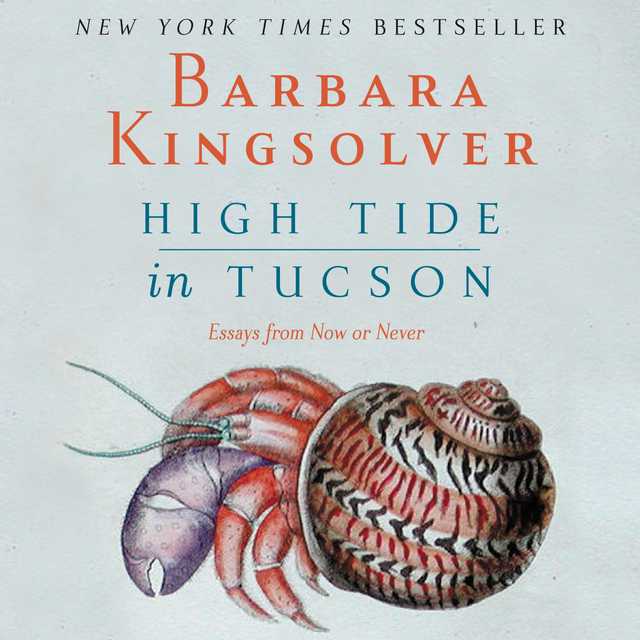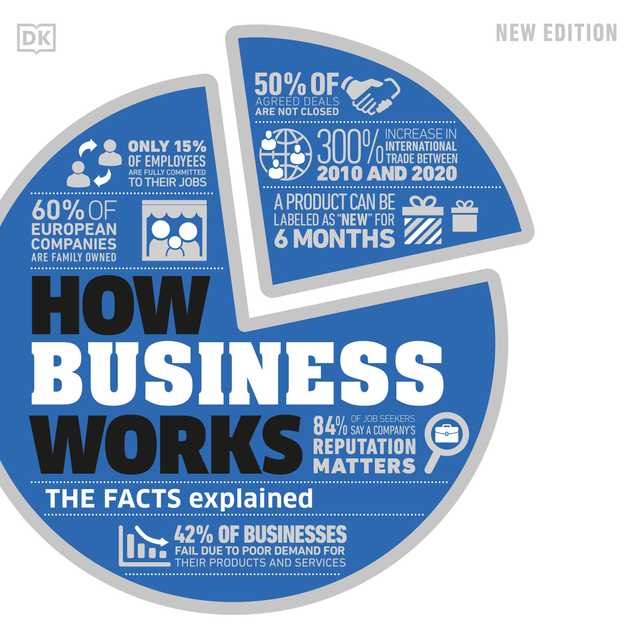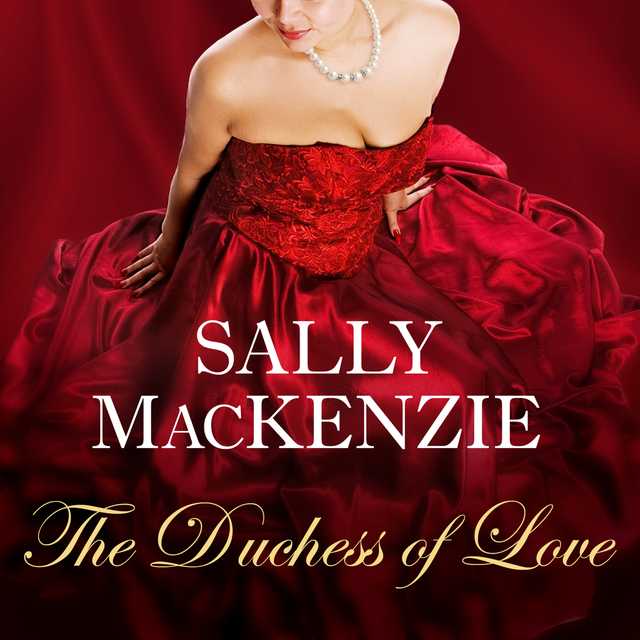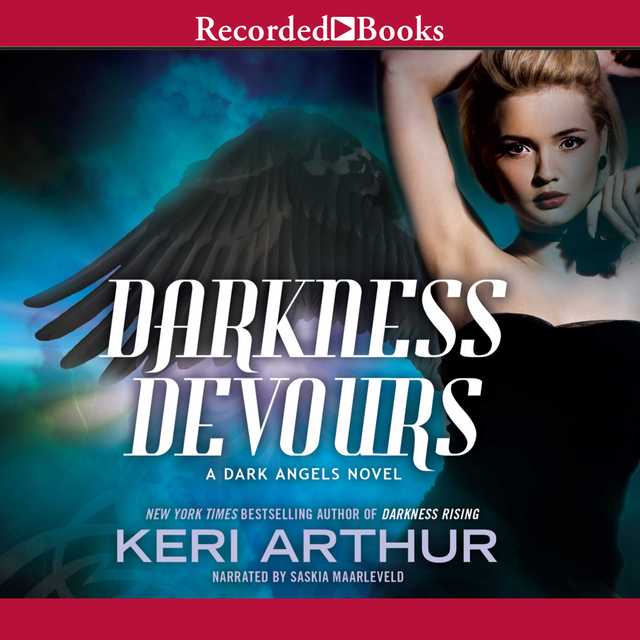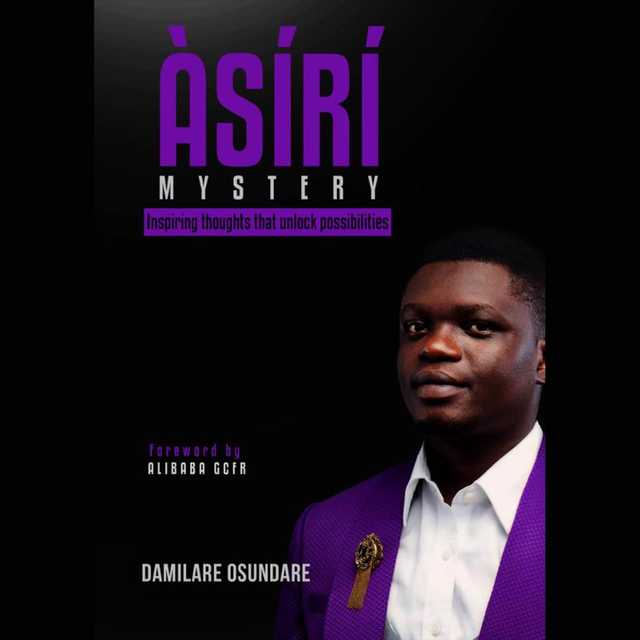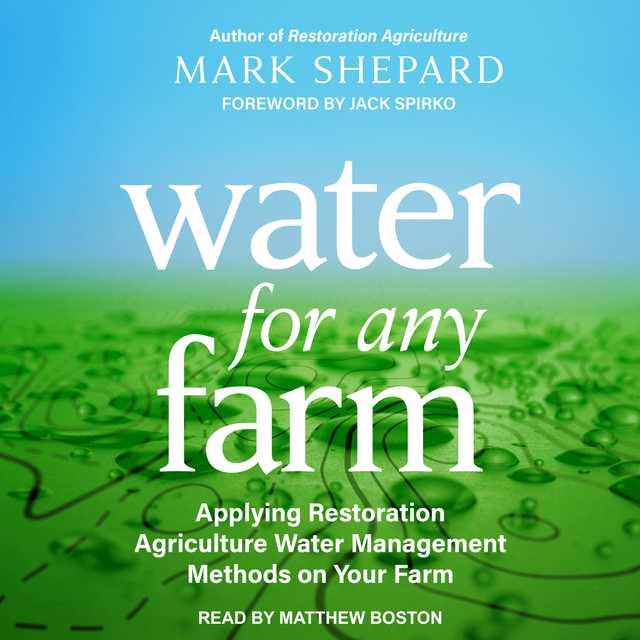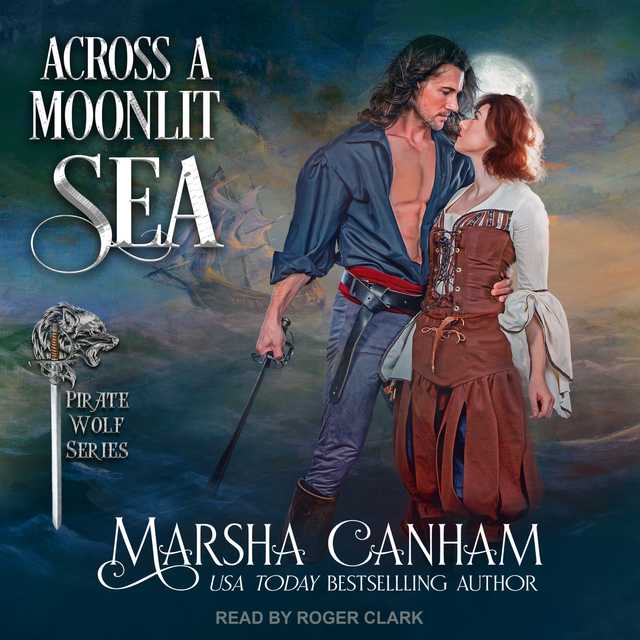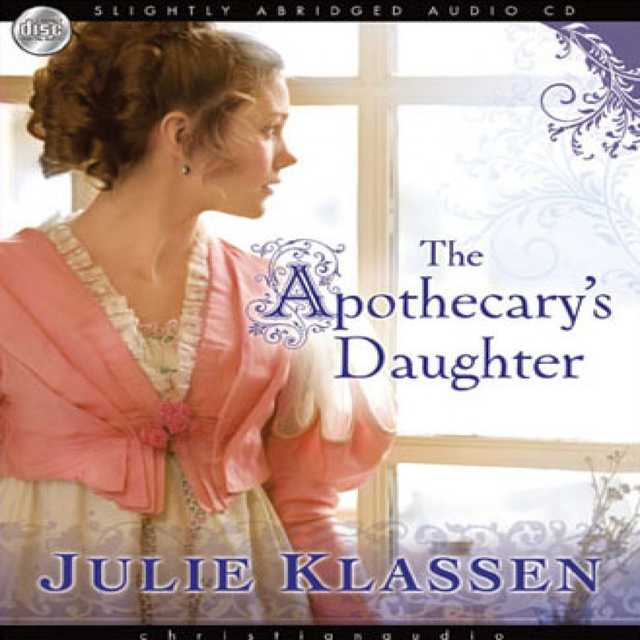High Tide in Tucson Audiobook Summary
Barbara Kingsolver has entertained and touched the lives of legions of readers with her critically acclaimed and bestselling novels The Bean Trees, Animal Dreams, and Pigs in Heaven.
In these twenty-five newly conceived essays, she returns once again to her favored literary terrain to explore the themes of family, community, and the natural world. With the eyes of a scientist and the vision of a poet, Kingsolver writes about notions as diverse as modern motherhood, the history of private property, and the suspended citizenship of humans in the animal kingdom. Her canny pursuit of meaning from an inscrutable world compels us to find instructions for life in surprising places: a museum of atomic bomb relics, a West African voodoo love charm, an iconographic family of paper dolls, the ethics of a wild pig who persistently invades a garden, a battle of wills with a two-year-old, or a troop of oysters who observe high tide in the middle of Illinois.
In sharing her thoughts about the urgent business of being alive, kingsolver the essayist employs the same keen eyes, persuasive tongue, and understanding heart that characterize her acclaimed fiction.
Other Top Audiobooks
High Tide in Tucson Audiobook Narrator
Barbara Kingsolver is the narrator of High Tide in Tucson audiobook that was written by Barbara Kingsolver
About the Author(s) of High Tide in Tucson
Barbara Kingsolver is the author of High Tide in Tucson
More From the Same
- Author : Barbara Kingsolver
- Animal, Vegetable, Miracle
- Demon Copperhead
- Unsheltered
- Small Wonder
- Flight Behavior
- Publisher : HarperAudio
- Abraham
- American Gods [TV Tie-In]
- Dead Ringer
- House of Sand and Fog
- Prey
High Tide in Tucson Full Details
| Narrator | Barbara Kingsolver |
| Length | 2 hours 48 minutes |
| Author | Barbara Kingsolver |
| Category | |
| Publisher | HarperAudio |
| Release date | November 08, 2005 |
| ISBN | 9780060894511 |
Additional info
The publisher of the High Tide in Tucson is HarperAudio. The imprint is HarperAudio. It is supplied by HarperAudio. The ISBN-13 is 9780060894511.
Global Availability
This book is only available in the United States.
Goodreads Reviews
Oceana2602
June 22, 2008
I try not to do this often, but in this case, the New York Times Book Review review on the back of my paperback edition, really says everything about these 25 essays by Barbara Kingsolver that you need to know:Kingsolver's essays should be savored like quiet afternoons with a friend. ...She speaks in a language rich with music and replete with good sense."Couldn't have said it better myself.An enormously honest and personal collection of essays. If you like any of Kingsolver's books, I'm sure you will enjoy this one.
Lisa
October 28, 2007
I read this collection of essays years ago, and remember how thought provoking I found them. Barbara Kingsolver is, of course an excellent writer; her fiction is beautiful. The great thing about High Tide in Tuscon is actually getting a glimpse of what's inside this writer's head - the everyday things as well as the grand. It's a pretty well rounded combination of essays that come across simply as "this is what I think now" or "this is what I've been thinking about lately" - in Kingsolver's voice, almost like glorified journal entries. I guess that's what I like about this book; it's stories can be dense, but the style in which they're written is invitingly simple. The bells and whistles got left at home. I like her ideas, and how she arrives at them.
Michelle
December 16, 2007
From the title essay: Embrace your own biology. Don't beat yourself up for acting like the human animal that you are.The rest of the essays: I laughed out loud more times than I can say, and I felt more connected to humanity as I read them. This is a book I go back to and re-read over and over because of that. I don't always agree with everything she says, but the essays always make me think and evaluate my own beliefs, biases, prejudices, actions.
Tracy
March 28, 2007
This is the first of Kingsolver's books that I read, and it's still my favorite, albeit that it's a collection of non-fiction essays. Maybe part of the reason is that I was also living in Tucson when I read it, so the things she had to say about life in that part of Arizona resonated with me. Beyond that, though, I just love the way she uses words - she writes lyrically.
David
July 13, 2007
It's been a while since I read these essays, and it's time for me to read them again. I remember, when I first read this book, it was on a horrible trip back to Cork, from San Francisco. My father was in hospital, having suffered some kind of major neurological setback, one of many on the long decline to his death in late 2002. Things were fairly touch and go, and there was a lot of waiting in hospital corridors. I was enormously grateful for the sanity and calm of Kingsolver's writing - this book helped me through a difficult time.
Kathleen
May 19, 2016
I read Prodigal Summer (last year, I think it was) and enjoyed it enormously. I really like the way Kingsolver uses words. So when another of her books was on offer (through Reading Seals, my book discussion group, just to borrow) I grabbed it. This book is a collection of essays. She took pieces she’d written for magazines and revised them, wrote a few more, and put them together in chapters ordered to be read as a book (i.e. front to back – acknowledging that some people don’t read books that way . . . – a concept I find delight in! She says, in fact: “I once heard from a reader in Kansas that he always starts books in the middle – even novels!”)I enjoyed every single page of this book. So many of the things she grapples with are things I also have spent time agonizing over or worrying about or pondering. Her pleasure in so many of the “small” things of life resonated with my own enjoyment of things such as ants scurrying, and tuis in the tree outside my window, and children discovering wonders. And she’s very witty.
noisy penguin
June 18, 2007
I stole this from my mother-in-law about a year ago. Now I can finally give it back, but it's one of those that I liked so much that I'd rather just keep it. I haven't read anything by Kingsolver before so I have no idea how this compares to her other work, but it's a collection of shortish essays. Some are pretty funny, most are poignant, and all made me long for her writer's life. Time to get on that.
Deanna
June 22, 2012
I love love love Kingsolver, and I think I love this collection of nonfiction essays even better than any of her fiction. It's written in the style of Annie Dillard, as a layperson who is interested in observation of the natural world and then exploration of underlying scientific principles. It's a beautifully written book and I reread it every several years.
Akhila
January 06, 2022
Beautiful essays on diverse topics with an elegant writing style. We can learn the author’s insight on a day-today incidence. Starting from nature, environment to war and politics it covers diverse topics. Touched by the intricate observations and the way author connects different topics. Read this if you have interest in science, biology & evolution.
Zinta
January 05, 2009
In this collection of essays, rewritten and expanded versions, in many cases, from what has been previously published in various magazines, Kingsolver's skill and talent as an essayist shimmers with brilliance and sheer entertainment. Topics have wide range, covering nature, art, values and ethics, human nature and its foibles, politics and travels. Whether she is pondering the biological clocks of hermit crabs or espousing her views on violence and objectification of women on the silver screen, or taking the reader along on the harsh realities of a not so glamorous book tour, her language is lush and poetic, flowing and vibrant, clever and memorable. I have been quoting her words to anyone who will listen, and thinking back to it as a kind of measuring stick for my personal observations. So what moved you to begin such a boycott of violence in movies? a friend asked me. We had been talking about popular contemporary movies, and why I had made sometimes surprising choices. While my inclination had been moving in that direction for some time now, it was Kingsolver's essay, "Careful What You Let In the Door," that had pushed me into a conscious awareness of how my viewing choices affected every other part of my life, the daily and seemingly miniscule choices I make. The results of such choices have been almost immediately apparent to me. The desensitization I had experienced toward atrocities in the news, to the daily disrespect I witness in various human interactions and my regretful tolerance of it, was lifting. Newly aware, I have been surfacing as if from a deep and dumb sleep. Kingsolver writes about her literary profession that writers may not write with politics in mind, yet "good art is political." As is hers. Words can and should move us, good art should change us, and a good writer is a person who wields a pen more powerful than any sword. In this particular essay, Kingsolver explores the function of violence in art (or media in general), visual or literary. Too often, she notes, such violence is perpetrated against women. "It turns out," writes Kingsolver about an inadvertant movie choice, "I'd rented the convincing illusion of helpless, attractive women being jeopardized, tortured, or dead, for no good reason I could think of after it was over." Pondering this, she concludes that violence in movies or video games (or various other formats) too often appears merely for its sensationalist effect, while in literature a writer has the ability to expand upon a violent scene to fully show its consequences. Because violence always has consequences. It is the absence of those consequences in our daily media diet, separate from the realm of reality, that has led to a society that hardly blinks at its constant appearance upon the screens of our minds. All of which, she argues, with time turns us into hardened and numb creatures, willing to not only view violence, but to tolerate it, potentially even to participate in it. So an essay moves us to change our viewing habits. Art creates positive change. But Kingsolver can just as easily write an essay that makes us laugh, as in her story of joining a literary rock band, allowing herself to look the fool for our entertainment. In "Somebody's Baby," her message takes on a ponderous seriousness in considering how little we care for our youngest generations, even while we claim to be a family oriented society. Her call to us is to consider that it is not just the parent's job to care for the child, but it is the obligation of the the entire nation, to care for and nurture our young. We are, she writes, raising Presidents-in-training, yet our attitude is "every family for itself." What I love about Kingsolver's essays is that they are beautifully written, literary works of art. Yet each and every one carries a deeper meaning, a message, a call to arms, even those written with the relish of humor. It is art with consequence.
Megan
January 30, 2021
Every so often, I become so enamored with an authorial voice that the writer in question could present to me the most unpalatable or trite subject matter and I’d ravenously lap it up, immediately yearning for more. Kingsolver’s writing falls under this umbrella. Even when I find her boomer progressivism eye-rollingly cliche, I’m willing to go along for the ride because her prose is just. that. beautiful. I found myself flinching when her early 90s liberal sensibilities caused her to skirt around the concrete demographic makeup of a Tucson neighborhood, instead obliquely referring to the abundance of Lady of Guadalupe statuary and pit bulls. Same went for the time when she referred to a Black acquaintance in an essay as, amongst other things, “articulate.” But I could endlessly devour her descriptions of misty Hawaiian islands, Saguaro-dotted desert landscapes, and the unassuming yet wondrous forests of her childhood home. Descriptions of nature usually roll off my shoulders unnoticed, paragraphs and pages hastily skipped over to get to the more interesting stuff. I would hazard to say that Kingsolver’s descriptions, in contrast, are so achingly beautiful that I savored these parts most of all. In fact, while I began this novel with a more intellectually driven investment in environmentalism (and a scared shitless outlook on climate change), I left this novel truly in love with the natural world.
Amy
August 18, 2012
I don't give many 5 stars but this book was really great. Barbara Kinsolver put together a bunch of her essays from various magazine and paper publications to create a book in which one really feels connected to the author. Kingsolver is known for her fiction works and she even discusses how many of her fans write to her thinking that they are based on truths even though they aren't. What this book allows for those fans is a real glimpse into her life and her thoughts on things from raising a hermit crab to politics to the environment. (She was a biology major in school.) What I really like is that she doesn't preach she just says what she thinks and really it all makes a lot of sense. Her rationale for things is sound. She is a true environmentalist and cares a lot about everyone. Her writing is down to earth and her essay about getting letters from fans made me want to write to her since she says she reads everything she gets whether people think it is a blessing or a curse. I highly highly recommend this book.
Frequently asked questions
Listening to audiobooks not only easy, it is also very convenient. You can listen to audiobooks on almost every device. From your laptop to your smart phone or even a smart speaker like Apple HomePod or even Alexa. Here’s how you can get started listening to audiobooks.
- 1. Download your favorite audiobook app such as Speechify.
- 2. Sign up for an account.
- 3. Browse the library for the best audiobooks and select the first one for free
- 4. Download the audiobook file to your device
- 5. Open the Speechify audiobook app and select the audiobook you want to listen to.
- 6. Adjust the playback speed and other settings to your preference.
- 7. Press play and enjoy!
While you can listen to the bestsellers on almost any device, and preferences may vary, generally smart phones are offer the most convenience factor. You could be working out, grocery shopping, or even watching your dog in the dog park on a Saturday morning.
However, most audiobook apps work across multiple devices so you can pick up that riveting new Stephen King book you started at the dog park, back on your laptop when you get back home.
Speechify is one of the best apps for audiobooks. The pricing structure is the most competitive in the market and the app is easy to use. It features the best sellers and award winning authors. Listen to your favorite books or discover new ones and listen to real voice actors read to you. Getting started is easy, the first book is free.
Research showcasing the brain health benefits of reading on a regular basis is wide-ranging and undeniable. However, research comparing the benefits of reading vs listening is much more sparse. According to professor of psychology and author Dr. Kristen Willeumier, though, there is good reason to believe that the reading experience provided by audiobooks offers many of the same brain benefits as reading a physical book.
Audiobooks are recordings of books that are read aloud by a professional voice actor. The recordings are typically available for purchase and download in digital formats such as MP3, WMA, or AAC. They can also be streamed from online services like Speechify, Audible, AppleBooks, or Spotify.
You simply download the app onto your smart phone, create your account, and in Speechify, you can choose your first book, from our vast library of best-sellers and classics, to read for free.
Audiobooks, like real books can add up over time. Here’s where you can listen to audiobooks for free. Speechify let’s you read your first best seller for free. Apart from that, we have a vast selection of free audiobooks that you can enjoy. Get the same rich experience no matter if the book was free or not.
It depends. Yes, there are free audiobooks and paid audiobooks. Speechify offers a blend of both!
It varies. The easiest way depends on a few things. The app and service you use, which device, and platform. Speechify is the easiest way to listen to audiobooks. Downloading the app is quick. It is not a large app and does not eat up space on your iPhone or Android device.
Listening to audiobooks on your smart phone, with Speechify, is the easiest way to listen to audiobooks.

